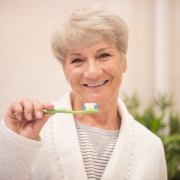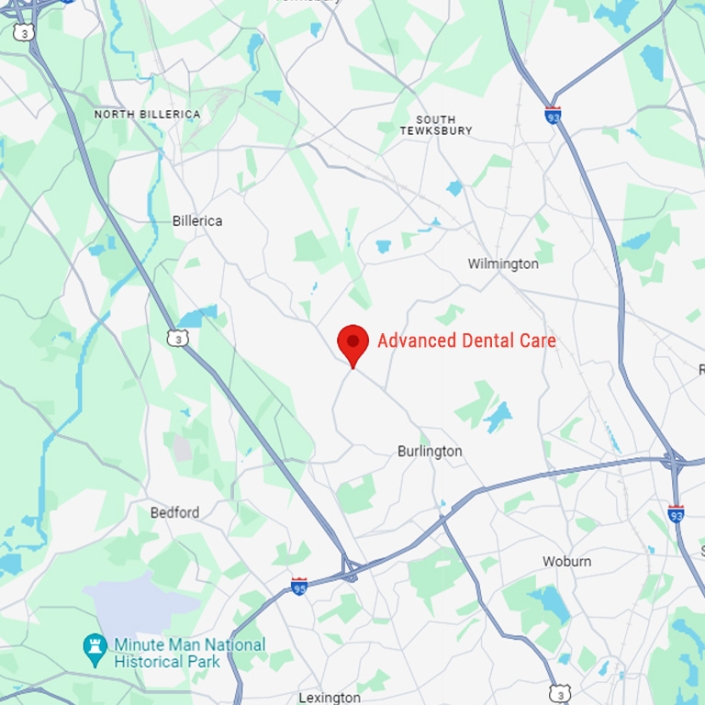Best Solutions for a Gummy Smile
A gummy smile doesn’t mean you’re smiling with chewing gum stuck in your teeth. And a gummy smile is nothing to be embarrassed about. It’s just one other type of smile among all the millions. But for those who do feel self-conscious about a gummy smile, laser dentistry is a viable solution, and it’s surprisingly easy. Laser gum contouring, also known as gum reshaping, is a popular choice for Massachusetts residents to want to address this common oral health issue, and it’s available at your dentist in Burlington, MA.
What is Laser Dentistry?
It’s nothing to do with Star Wars or space laser beams. Laser gum contouring involves the use of a specialized dental laser to remove excess gum tissue and reshape the gum line. The laser allows for a high degree of accuracy, ensuring that only the necessary tissue is removed while sculpting a more balanced smile. Unlike traditional methods that may require scalpels or sutures, laser dentistry provides a much gentler experience, minimizing discomfort and reducing the healing time. Patients can often see immediate improvement in their smile’s appearance, with minimal swelling or bleeding following the procedure.
Benefits of Laser Dentistry
You’ll smile more, for starters! One of the advantages of laser dentistry for a gummy smile is the relatively quick recovery time. Since the laser seals blood vessels and sterilizes the area as it works, there’s a reduced risk of infection, and patients generally experience a faster, easier healing process. Most people can return to their regular activities the next day, making it a convenient option for those with busy schedules.
Want to feel better about your smile? Laser dentistry can certainly help, although if you just have a gummy smile, remember that you’re fine just the way you are! Contact us to learn more about laser dentistry in Burlington, MA if you want to consider this solution.











